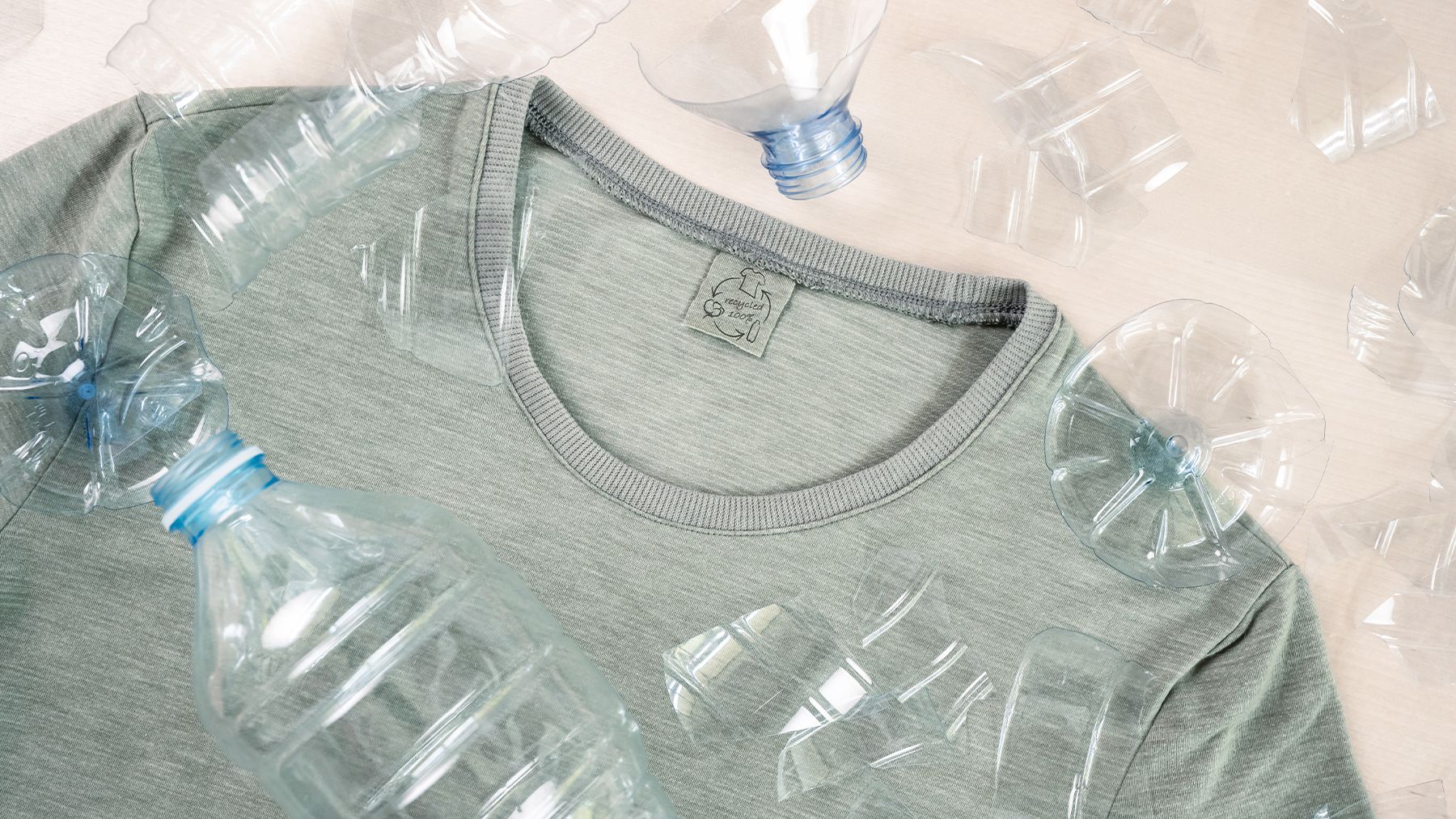
Replace “sustainable” with “less bad” in today’s fashion headlines and you get a more accurate picture of reality: “Less Bad Fashion Trends You Need To Know In 2023.” “Less Bad Fashion Influencers Take On Fast Fashion.” “Building a Less Bad Fashion Industry in 2023.” “Less bad” than the status quo is how I have come to make sense of the industry’s attempts to sell itself as more sustainable. But some of fashion’s favourite sustainability solutions can actually result in outcomes that are worse than the status quo.
Take the use of deadstock fabric. Deadstock is material that’s been cast aside, whether for defects or simply because a brand chose not to use it. It’s the stale bread of the industry. Utilising deadstock fabric instead of fresh fabric is a popular sustainability solution. But pushing this approach at scale can result in unintended consequences, creating demand for materials that shouldn’t exist in the first place. Deadstock materials are a direct result of overproduction and by purchasing them in high quantities the industry is incentivising their continued existence.
Another popular sustainability solution that creates demand for materials that shouldn’t exist is recycling single-use water bottles, made of polyethylene terephthalate or PET, to make clothing. The number of garments made from PET that have spoken to me recently makes me shiver: “I’m made of 8 water bottles!” “You used to drink from me.” “Thanks for rescuing me!”
It’s easy to think of recycling water bottles into clothing as upcycling since we think of single-use plastics as trash and expect to wear a piece of clothing at least a few times. But transforming water bottles into clothing is actually moving down the lifecycle chain. Those water bottles could have become bottles again. But now, beverage brands and clothing brands compete for used bottles, and when they are turned into clothing they can never become a bottle again, and are unlikely to become clothing again either, reducing their lifespan.
Take-back programmes are yet another example of a popular sustainability solution that can be worse than taking no action at all. Take-back programmes are designed to give consumers a convenient and responsible way to dispose of clothing. There is no government policy driving brands to take products back, nor is recycling at a level where it brings brands financial returns. Instead, the motive is increasing sales by getting more shoppers through the door and convincing them that their old products can be successfully used elsewhere, and that they can therefore eliminate the impact of making a new purchase.
Removing the guilt of making a new purchase by donating previous purchase is an example of “moral licensing,” where doing something ethical is perceived as permission to later do something questionable. This is a prime example of “answering inconvenient truths with convenient fantasies,” because there is no take-back programme where the trade off is anywhere near one-to-one. In fact, it’s probably better to make someone throw a product away because it’s often thrown away anyway and the consumer is just made to believe it is not.
So you see, some of fashion’s favourite sustainability solutions can actually cause plenty of problems. The lesson? Rather than going for solutions that make for good marketing, we need to focus on the root issues. We should combat overproduction with on-demand manufacturing technologies. We should stop using materials that cannot be sustained by the planet indefinitely. We should stop making products haphazardly, with poor quality and no regard for their end of life, and instead design for disassembly and circularity. Because “Building a Worse Fashion Industry in 2023″ doesn’t have a great ring to it.
Beth Esponnette is co-founder, creative director and chair of unspun.
The views expressed in Op-Ed pieces are those of the author and do not necessarily reflect the views of The Business of Fashion.
How to submit an Op-Ed: The Business of Fashion accepts opinion articles on a wide range of topics. The suggested length is 700-1000 words, but submissions of any length within reason will be considered. All submissions must be original and exclusive to BoF. Submissions may be sent to opinion@businessoffashion.com. Please include ‘Op-Ed’ in the subject line and be sure to substantiate all assertions. Given the volume of submissions we receive, we regret that we are unable to respond in the event that an article is not selected for publication.



